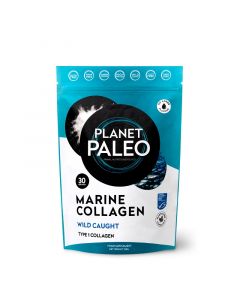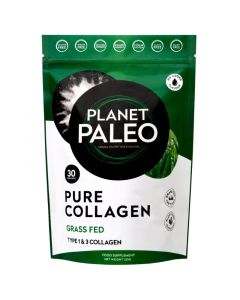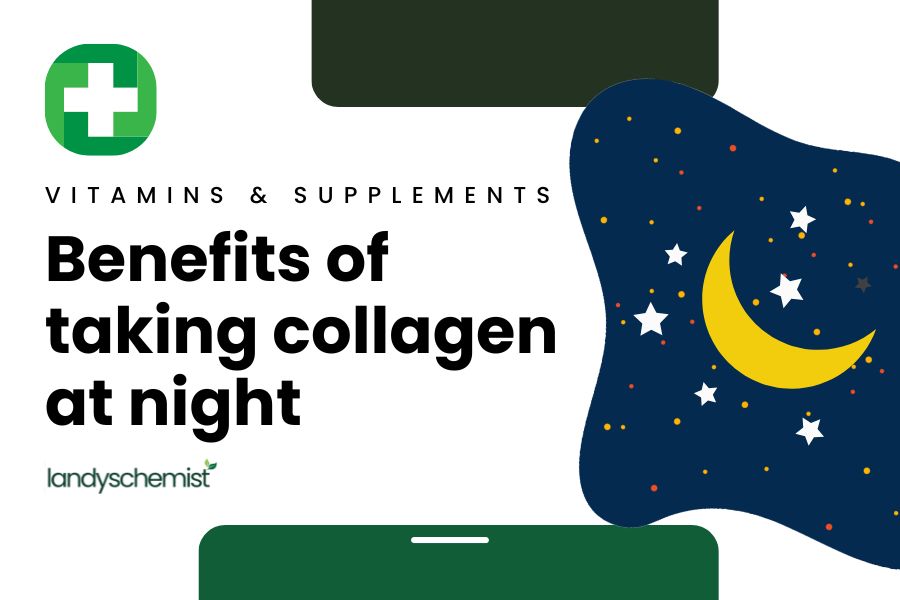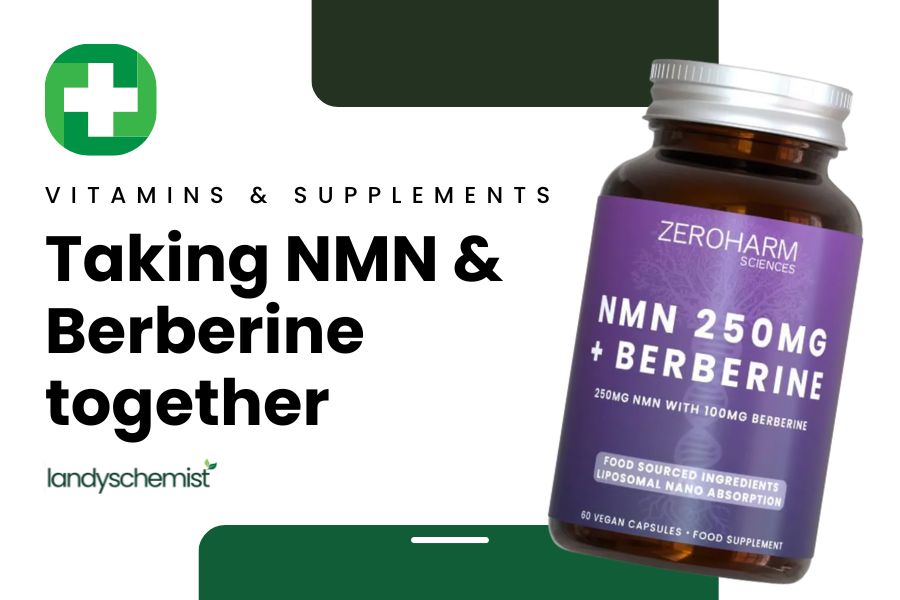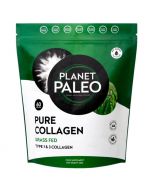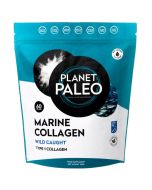
Can You Take Collagen While Pregnant?
If you’re wondering, “is it safe to take collagen during pregnancy?” or “should I take collagen if I’m trying to get pregnant?”, you’re not alone. Many expectant mothers want to make the best choices for both their body and their baby. This guide explains what collagen is, its benefits during pregnancy, and whether taking collagen supplements are safe while pregnant or breastfeeding.
Read: NHS guidelines on Vitamins, Supplements, ad Nutrition in Pregnancy
Is It Safe to Take Collagen During Pregnancy?
Yes, collagen supplements, including marine and bovine sources are generally considered safe during pregnancy. Collagen is a naturally occurring protein in the body made up of amino acids, and it plays a vital role in skin, joints, ligaments, and even the structure of the womb. Because pregnancy increases the body’s need for protein and tissue support, many women consider collagen a useful supplement during this time.
There is no official daily recommendation for collagen intake during pregnancy, but most studies and healthcare professionals suggest a safe and effective dose is between 2.5g and 10g per day. This range is commonly found in collagen powders and capsules and is well-tolerated by most people.
“From a pharmacist’s point of view, collagen supplements can be safely incorporated into a pregnancy nutrition routine if the product is free from unnecessary additives and allergens. Always check the label and choose trusted brands,” says pharmacist Neesha Desai.
Benefits of Collagen During Pregnancy
The benefits of collagen during pregnancy stem from its protein-rich amino acid profile. Here’s how collagen supports both mother and baby:
- Skin elasticity: Collagen helps the skin stretch more comfortably, which may support fewer stretch marks.
- Joint and ligament support: Collagen can be used to relieve joint discomfort and maintain mobility as the body changes during pregnancy.
- Fetal development: Collagen supplies amino acids needed for the baby’s bones, skin, and organ development. Research has found that during pregnancy, the body’s need for glycine rises to support collagen production, which is vital for fetal growth, yet some may struggle to produce enough naturally.
- Protein intake: Collagen is an easy way to boost daily protein intake, especially if nausea or food aversions make eating difficult. As the baby grows, protein needs increase to support the development of tissues, organs, and the placenta.
“Collagen is a gentle, well-tolerated protein source. For some mums, it's easier to take than large prenatal protein servings,” adds Neesha Desai.
Things to Consider Before Taking Collagen During Pregnancy
While collagen is generally safe, there are a few important factors to keep in mind:
- Read the ingredient label: carefully choose products without additives, artificial sweeteners, or allergens
- Stick to safe dosage ranges (2.5g–10g per day) and avoid overconsumption
- If following a plant-based diet, understand that vegan collagen alternatives may not deliver the same direct benefits as marine or bovine collagen
Choosing high-quality, third-party tested collagen ensures safety and effectiveness during this sensitive stage of life.
Recommendations: Collagen Supplements for Pregnancy
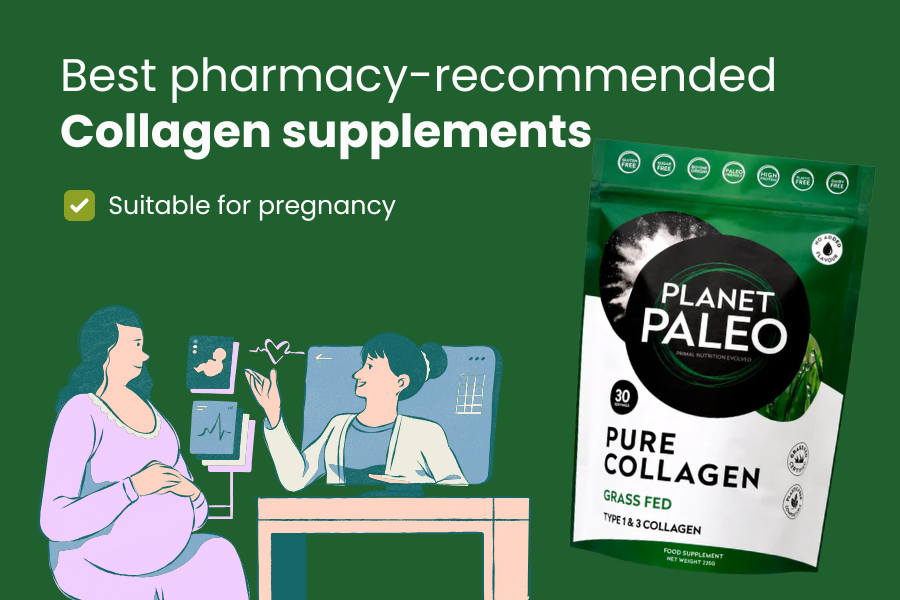
The choice between both marine and bovine collagen comes down to dietary preference and tolerance. Marine collagen is pescatarian-friendly and rich in Type I collagen for skin and tissue support, while bovine collagen offers both Type I and III, making it ideal for broader joint, skin, and muscle benefits.
Here are some of the top-rated collagen supplements available in the UK to take during pregnancy:
1. Planet Paleo Marine Collagen
Planet Paleo Marine Collagen is a clean, pregnancy-safe option made from 100% wild-caught white fish, certified by the MSC for sustainability. It provides Type I collagen and key amino acids like glycine to support skin, joints, and fetal development. With 7.5g of protein per serving, it's easy to digest, neutral in flavour, and blends smoothly into drinks or meals.
2. Planet Paleo Pure Collagen
Planet Paleo Pure Collagen is made from 100% grass-fed bovine collagen peptides, offering a clean, easily absorbed protein source to support skin, joints, and overall wellbeing. Rich in amino acids like glycine and proline, it’s ideal during pregnancy for tissue repair, skin elasticity, and bone support. With 7.5g of protein per serving, it blends easily into hot or cold drinks.
3. Vegan Collagen Supplements
While vegan collagen boosters can be a good option during pregnancy for those avoiding animal products, and often include key amino acids and nutrients, they don’t provide actual collagen peptides, so their effects may be less direct and slower compared to marine or bovine collagen. Shop our best vegan collagen supplements here.
Collagen and Breastfeeding: Is It Safe?
Yes, taking collagen while breastfeeding is considered safe. Postpartum, collagen can continue to support skin recovery, joint health, and even hair growth which are common concerns after giving birth.
Should I Take Collagen If I'm Trying to Get Pregnant?
Collagen can be a useful supplement even before pregnancy. Its amino acids support reproductive tissue, cervical health, and the uterine lining. Plus, it’s a clean source of extra protein, ideal during the pre-conception phase when nutrient intake is especially important.
Sources
- Collagen at the maternal-fetal interface in human pregnancy - PMC
- Oral Collagen Supplementation: A Systematic Review of Dermatological Applications - PubMed
- The Efficacy and Safety of CollaSel Pro® Hydrolyzed Collagen Peptide Supplementation without Addons in Improving Skin Health in Adult Females: A Double Blind, Randomized, Placebo-Controlled Clinical Study Using Biophysical and Skin Imaging Techniques
- 24-Week study on the use of collagen hydrolysate as a dietary supplement in athletes with activity-related joint pain - PubMed
- Unlike pregnant adult women, pregnant adolescent girls cannot maintain glycine flux during late pregnancy because of decreased synthesis from serine | British Journal of Nutrition | Cambridge Core
- Response to Hydrolysed Collagen Protein Supplementation in a Cohort of Pregnant and Postpartum Women | OMICS International
- (PDF) Response to Hydrolysed Collagen Protein Supplementation in a Cohort of Pregnant and Postpartum Women
This article is for informational purposes only and is not a substitute for medical advice. Consult your doctor or healthcare provider before starting any supplements, treatments, or remedies. Ensure a varied and balanced diet and a healthy lifestyle before considering supplements. Supplements should not replace a balanced diet.

